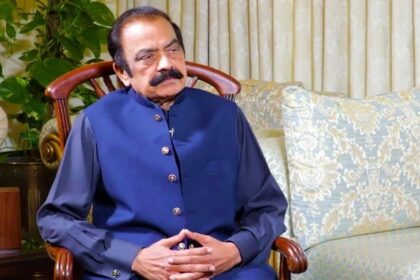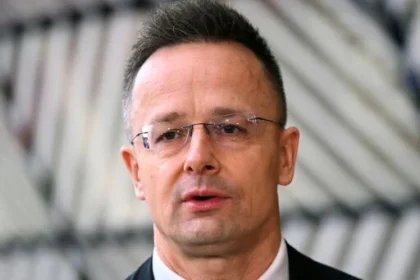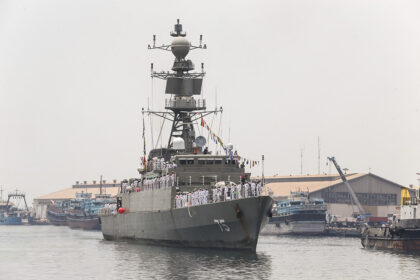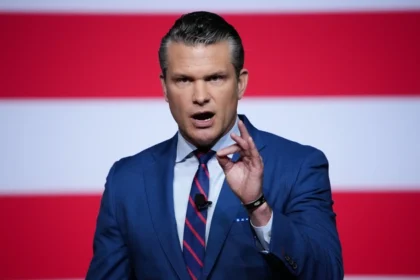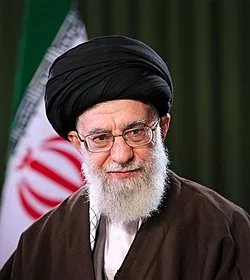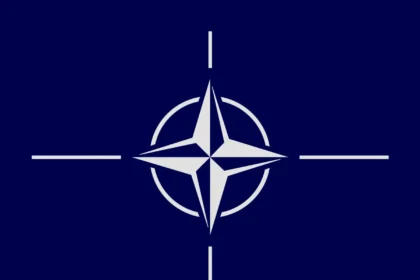At the Shanghai Cooperation Organisation (SCO) summit in Tianjin, Pakistan found itself navigating a delicate path as Chinese President Xi Jinping, Russian President Vladimir Putin, and Indian Prime Minister Narendra Modi called for a new world order less dominated by the West. The three leaders urged stronger Global South cooperation, challenging what Xi termed “hegemonism and power politics.”
For Pakistan, the stakes are high. Nearly 65% of its imports come from China, while Russia has become a growing supplier of discounted crude; Islamabad imported over 10 million barrels from Moscow in 2023. At the same time, India remains Pakistan’s geopolitical rival, complicating its role within the SCO framework.
Islamabad has sought to leverage the bloc for economic relief, hoping that the China-Pakistan Economic Corridor (CPEC), valued at $62 billion, will anchor its strategic importance. Yet Pakistan’s heavy reliance on IMF bailouts and $124 billion external debt burden limit its maneuverability. Caught between allies and adversaries, Pakistan’s challenge lies in maintaining relevance in a shifting order, without alienating the powers that dominate it.






